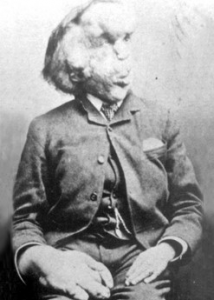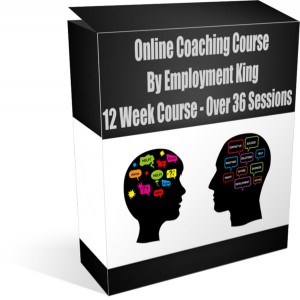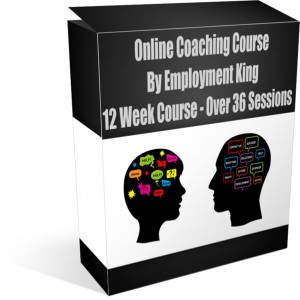How to Prepare your Interview Answers
To pass more job interviews you need to start preparing which means a little work before your job interview will go along way. By following this quick procedure will help you gain more job offers making more money.
- First think about the position you are applying for and ask yourself “what skills and qualities does the employer require me to have?” and make a big list. You now have a list of the employer’s essential criteria.
Record your list of essential criteria here
____________________________________________________________
_____________________________________________________________
______________________________________________________________
- Next take each skill or quality and break down, as an example “Communication Skills – how do you communicate?” – e-mail, face to face, telephone, fax, body language, sign language, etc. make this list as big as possible, there are no wrong answers be creative add anything you associate to communication (or your essential criteria)
| Communication | e-mail, face to face |
- Now you have a giant list of criteria and a breakdown of those particular criteria you can now move onto the third stage – paragraphs. All you need to do here is put the breakdown of the criteria into a paragraph (and this doesn’t need to perfect yet)
Let’s use the communication example – remember at this stage the paragraph doesn’t need to read well as we are still in the ideas stage. “I communicate with everyday, over the phone and face to face. When talking over the phone I use my voice tone to build rapport and ask regular questions to ensure the other person is taking onboard what I am saying. When talking to people face to face, I use my body language to increase likeness and watch the other people’s body language and face gestures to check they agree with what I am saying”
You are probably thinking of several different sentences you can use for the essential criteria required for your job position.
- The final stage is to add real life examples to your explanation, using real life examples show’s the employer two things; one you understand what their essential criteria is and more importantly you have implemented in previous roles (which is often taken for you can do that part of the job)
Your real life examples need to be related to the position you are applying for. In sales jobs communication skills and rapport building are key essential criteria, so you can edit your above profile using real life sales (or any position) experience
“In my previous sales position I was always on the monthly top 10 sales executive’s board often at the top, this is because I understand the importance of communicating with people over the phone. I would often use my voice tone to build rapport with customers and ask customers questions throughout the sales pitch to ensure they were listening to me…..”
I would add that you need to re-write your interview answer 3 times to ensure it really sell’s you
Finally after each interview have a think about which answer worked well and which answers need improving as passing interviews means you need to understand how to sell yourself through well formed interview answers.
If you want to pass more interviews read Tricky Questions, Killer Answers by Employment King
If you enjoyed reading this article you will also enjoy reading:
- 101 Interview Questions
- How to get the Interviewer to agree with you
- Using Body Language to Pass Interviews










